Hives
If you are experiencing hives or any skin condition, it's advisable to consult with a skin specialist or a dermatologist for appropriate treatment. A dermatology provider can conduct a thorough examination, identify potential triggers, and recommend a tailored treatment plan based on the underlying cause of the hives.
Examples of Hives
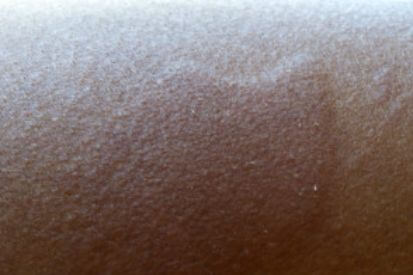
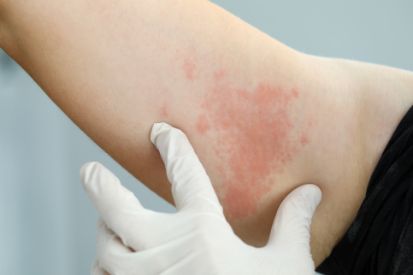
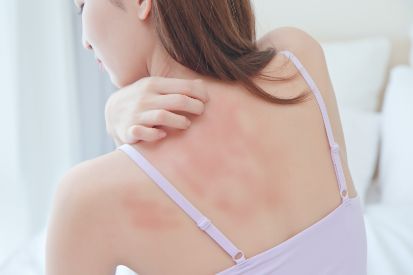
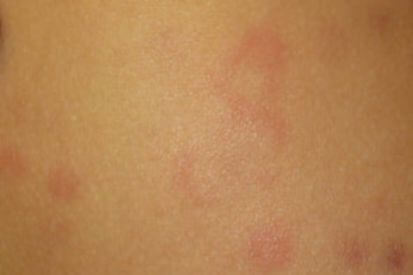
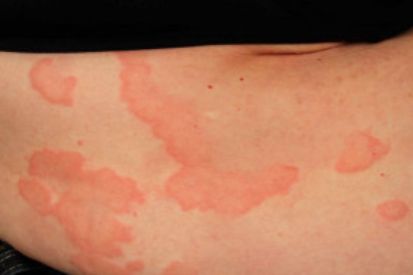
What are the Symptoms of Hives?
- Hives, or urticaria, is an itchy skin rash that present as raised, itchy welts on the skin that vary in size and shape.
- Hives can appear suddenly and often migrate, causing discomfort.
- Symptoms may resolve within hours but can persist.
- Severe cases can involve swelling of the face, lips, or throat, requiring prompt medical attention.
What are the Causes of Hives?
- Reactions to certain foods, medications, insect stings, or pollen.
- Viral or bacterial infections.
- The body's immune system mistakenly attacking its own tissues.
- Adverse reactions to certain drugs.
- Exposure to heat, cold, pressure, or sunlight.
- Emotional stress can trigger hives in some individuals.
- Chronic conditions like thyroid disorders or lupus.
How to Prevent Hives
FAQs on Hives
If hives are severe, persistent, or recurrent, it's advisable to consult with a dermatologist. Additionally, if hives are accompanied by other concerning symptoms, such as difficulty breathing or swelling of the face, immediate medical attention is necessary.
Yes, stress can be a trigger for hives. Emotional stress may exacerbate or contribute to the development of hives. Dermatologists can provide guidance on stress management techniques to help prevent outbreaks.
If you suspect an allergic reaction is causing hives, it's important to seek medical attention promptly. Dermatologists can assess the situation, recommend antihistamines or other medications, and help identify and manage the allergen.
In cases of food-related hives, identifying and avoiding trigger foods is essential. Common culprits include nuts, shellfish, and certain fruits. Dermatologists may recommend an elimination diet or allergy testing to pinpoint triggers.
Yes, hives can come and go, often appearing suddenly and disappearing within a few hours. They may also reappear in response to triggers.
Hives can last for a few hours to several weeks, depending on the cause. Acute hives typically resolve within a few hours or days, while chronic hives can last for months or even years.
Treatment Options for Hives
Consulting with your dermatologist will provide the best treatment options for your specific condition. Schedule with us today.
Featured Products

EltaMD Moisture-Rich Body Cream
EltaMD Moisture-Rich Body Crème infuses compromised and dry, flaky, sensitive skin with long-lasting moisture and essential nutrients. It is the ideal daily moisturizer to help achieve and maintain softer, smoother, healthy-looking skin. 8 oz / 226 g
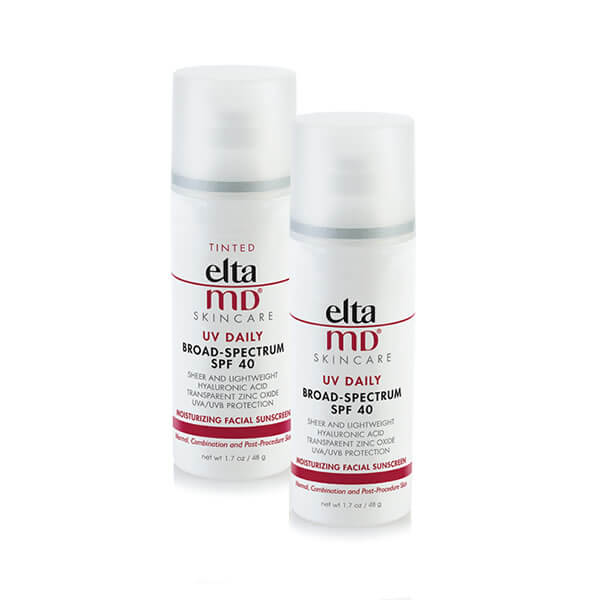
EltaMD UV Daily SPF 40 original
Serious UV protection and superior hydration join forces in this sheer facial sunscreen. EltaMD UV Daily has hyaluronic acid to boost moisture retention and diminish fine lines. This lightweight moisturizer with UV protection can be worn alone or under makeup. Choose from tinted and untinted formulas for use every day. 1.7 oz / 48 g
